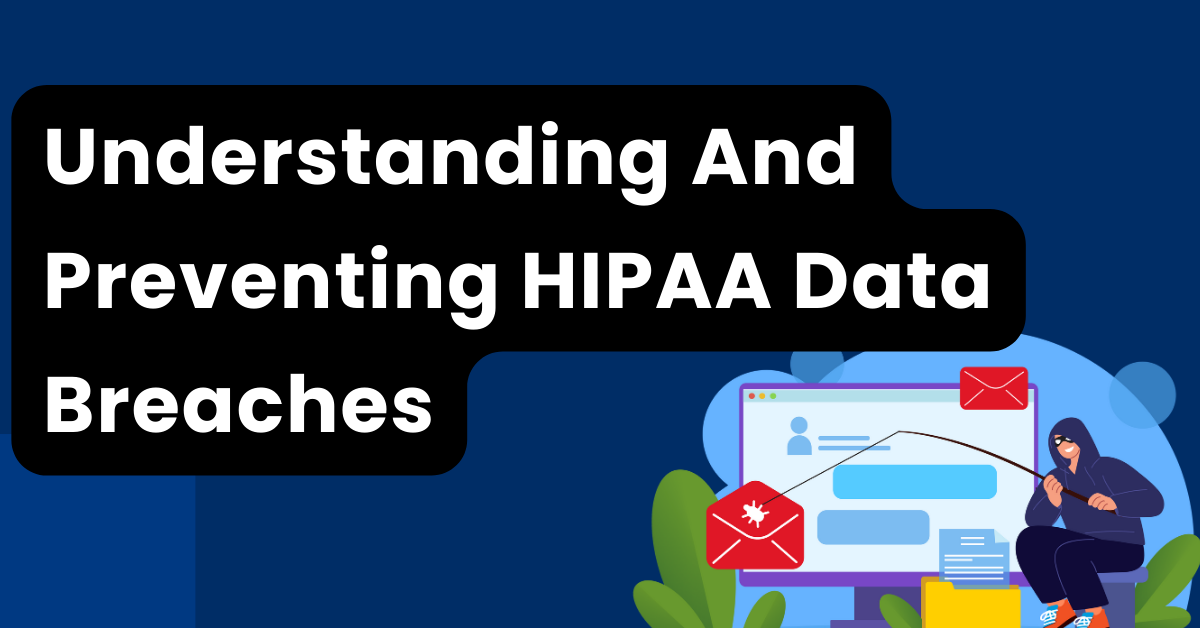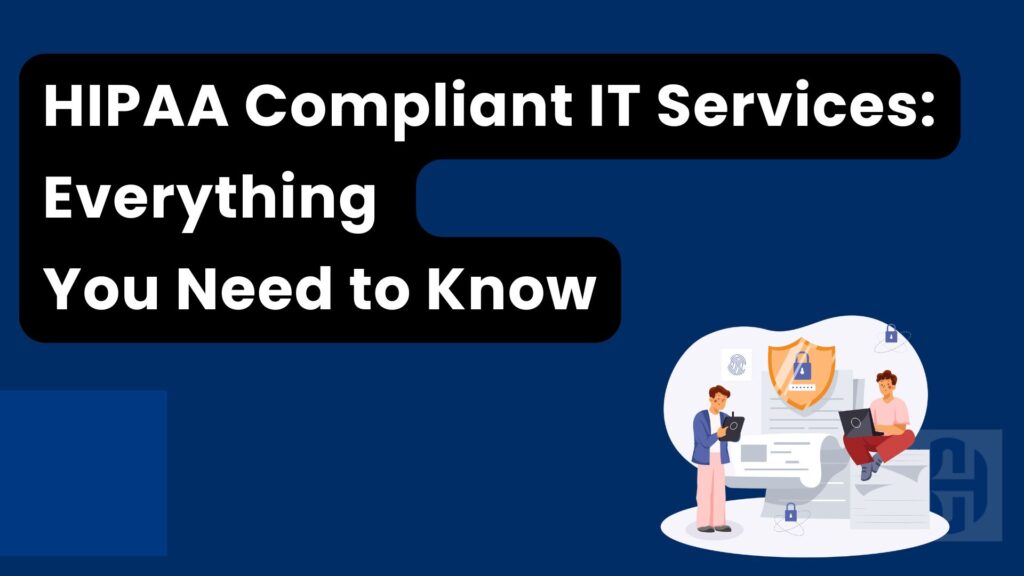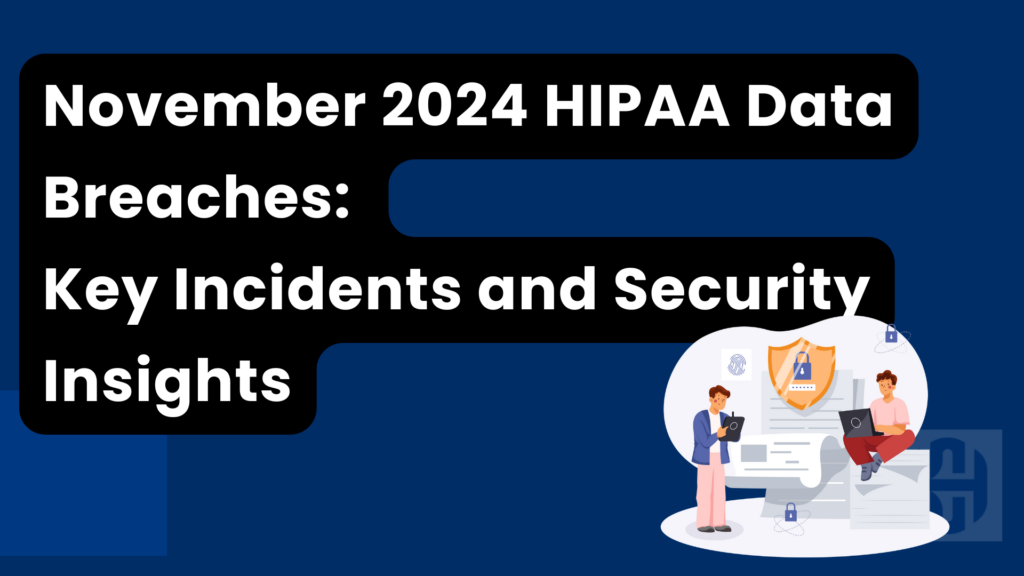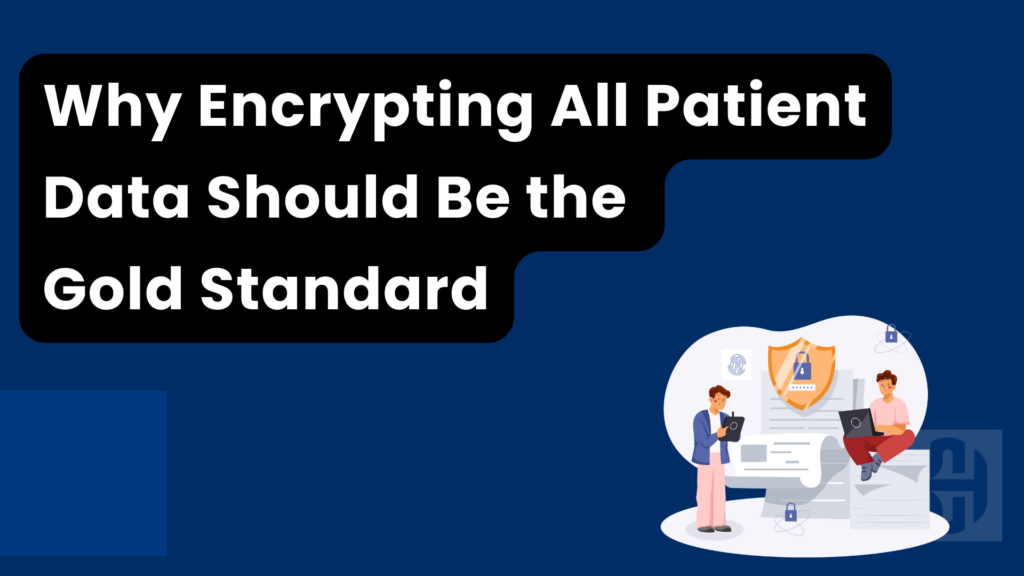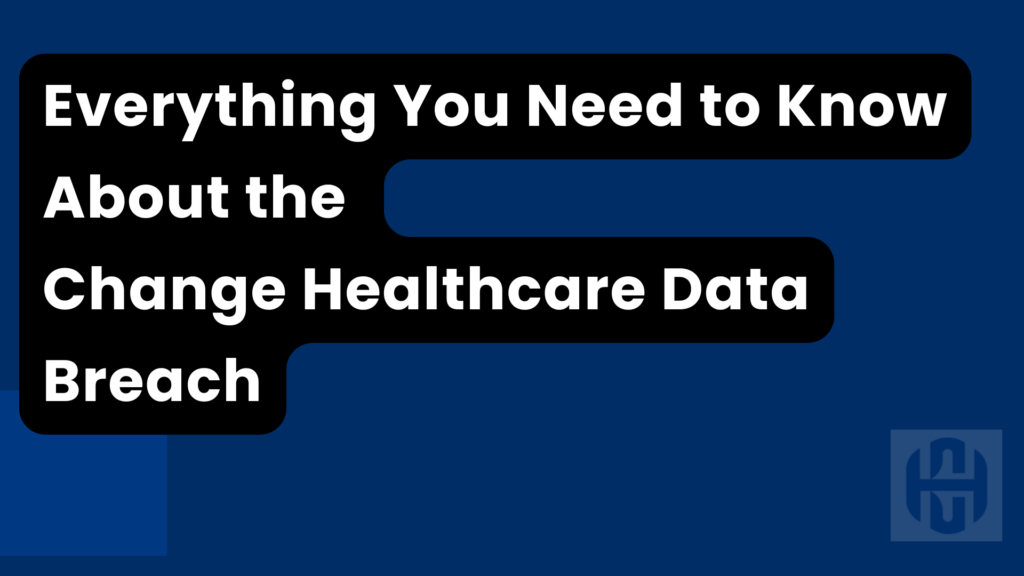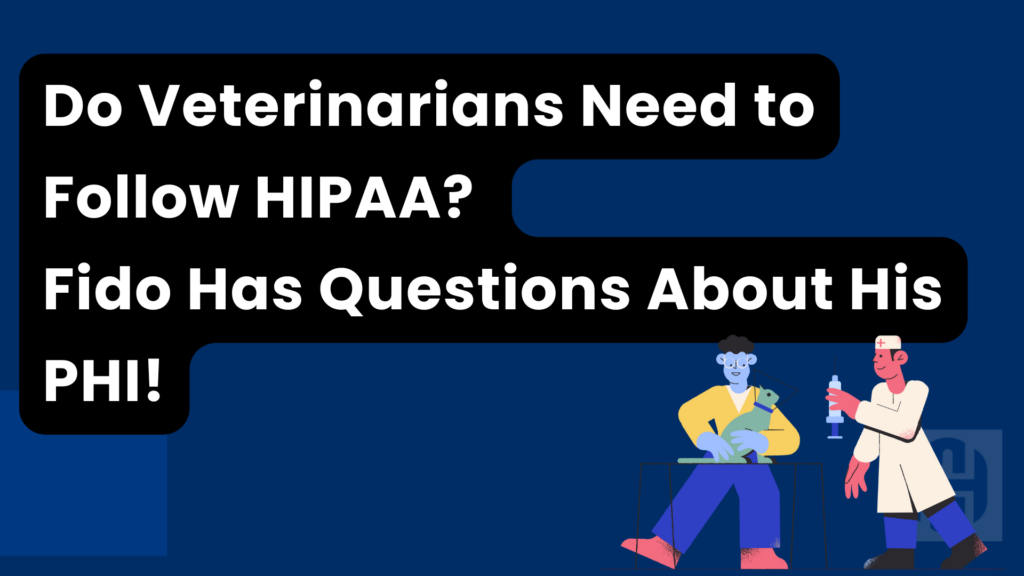Introduction
In today’s healthcare landscape, safeguarding patient information is more crucial than ever. Despite rigorous regulations, HIPAA data breaches remain a pressing issue. This article explores the causes, consequences, and prevention strategies for HIPAA data breaches, equipping healthcare organizations with the knowledge to protect sensitive data and ensure compliance.
What are HIPAA Data Breaches?
HIPAA data breaches involve unauthorized access, use, or disclosure of protected health information (PHI), compromising its confidentiality and security. These breaches can stem from various sources, including cyberattacks, human errors, and inadequate security measures. Under the Health Insurance Portability and Accountability Act (HIPAA), healthcare entities must implement stringent safeguards to protect PHI and promptly report any breaches.
The Impact of HIPAA Data Breaches

Financial Consequences
HIPAA data breaches can lead to significant financial losses for healthcare organizations. These costs encompass fines from regulatory bodies, breach notification expenses, legal fees, and remediation efforts. For example, the Anthem breach in 2015 resulted in a $16 million settlement, highlighting the severe financial impact of non-compliance.
Reputational Damage
A HIPAA data breach can severely damage a healthcare organization’s reputation. Patients entrust providers with their sensitive information, and a breach can erode this trust, leading to patient loss and a tarnished reputation. Rebuilding trust post-breach is a lengthy and challenging process.
Legal Implications
Legal repercussions are a significant concern following a HIPAA data breach. Affected individuals may file lawsuits, and regulatory bodies can impose penalties for non-compliance. These legal implications underscore the necessity of robust data protection measures.
Common Causes of HIPAA Data Breaches
Cyber Attacks
Cyberattacks, including ransomware, phishing, and malware, are leading causes of HIPAA data breaches. Cybercriminals target healthcare organizations to steal sensitive information, which can be sold on the black market or used for identity theft. The increasing sophistication of cyberattacks necessitates advanced security measures.
Human Error
Human error is another prevalent cause of HIPAA data breaches. Mistakes such as sending PHI to the wrong recipient, failing to encrypt sensitive information, or improperly disposing of medical records can lead to breaches. Employee training on data protection practices is essential to minimize these risks.
Insufficient Security Measures
Weak security measures, such as inadequate passwords, lack of encryption, and outdated software, leave healthcare organizations vulnerable to HIPAA data breaches. Implementing robust security protocols and regularly updating systems are vital steps in protecting PHI.
Case Studies of Major HIPAA Data Breaches
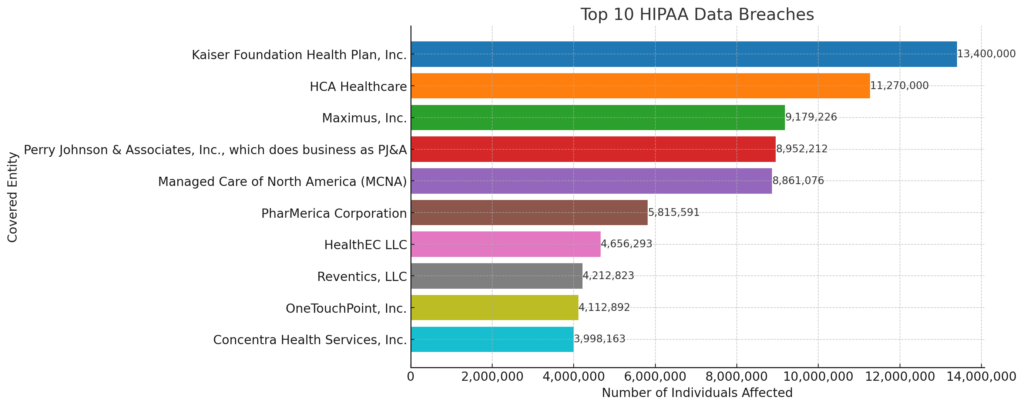
Anthem Data Breach (2015)
The 2015 Anthem data breach is one of the largest healthcare data breaches in history, affecting approximately 78.8 million individuals. Cybercriminals accessed Anthem’s IT systems and stole sensitive information, including names, social security numbers, and medical IDs. The breach resulted in a $16 million settlement with the U.S. Department of Health and Human Services (HHS), underscoring the necessity of robust cybersecurity measures.
Premera Blue Cross Data Breach (2015)
In 2015, Premera Blue Cross experienced a data breach affecting 11 million individuals. Hackers infiltrated Premera’s network and stole PHI, including social security numbers, medical records, and financial information. The breach led to a $10.4 million settlement, emphasizing the importance of comprehensive security audits and risk assessments.
Excellus BlueCross BlueShield Data Breach (2015)
The Excellus BlueCross BlueShield breach in 2015 affected 10 million individuals. Cyber attackers accessed Excellus’s systems, compromising sensitive information such as names, birthdates, social security numbers, and financial data. The breach resulted in a $5.1 million settlement and highlighted the need for continuous monitoring and incident response planning.
Strategies to Prevent HIPAA Data Breaches
Implementing Strong Access Controls
Restricting access to PHI is crucial in preventing HIPAA data breaches. Healthcare organizations should implement strong access controls, such as multi-factor authentication and role-based access, to ensure only authorized personnel can access sensitive information.
Regular Security Audits and Risk Assessments
Conducting regular security audits and risk assessments helps identify vulnerabilities in an organization’s security framework. These assessments enable proactive risk management and the implementation of necessary safeguards to protect PHI.
Employee Training and Awareness Programs
Training employees on HIPAA regulations and data protection practices is essential in preventing breaches caused by human error. Regular training and awareness programs help employees understand the importance of protecting PHI and how to handle sensitive information securely.
Encrypting Sensitive Information
Encrypting PHI is an effective way to protect data from unauthorized access. Encryption ensures that intercepted data cannot be read without the decryption key. Healthcare organizations should implement encryption for data at rest and in transit.
Developing and Testing Incident Response Plans
A comprehensive incident response plan is vital for promptly addressing data breaches. Regularly testing and updating the plan ensures healthcare organizations can respond effectively to security incidents and minimize the impact of a breach.
The Role of HIPAA Certify in Ensuring Compliance
Comprehensive HIPAA Compliance Consulting
HIPAA Certify offers expert consulting services to help healthcare organizations achieve and maintain HIPAA compliance. Our consultants conduct thorough risk assessments, develop customized policies and procedures, and provide ongoing support to ensure continuous adherence to HIPAA regulations.
Advanced Data Security Solutions
We provide robust data security solutions, including encryption, continuous monitoring, and incident response planning, to protect PHI from unauthorized access and breaches. Our advanced security measures help healthcare organizations safeguard sensitive information and maintain compliance.
Customized Training and Education Programs
HIPAA Certify offers tailored training programs to educate employees on HIPAA regulations and data protection practices. Our interactive and engaging training sessions ensure that staff members understand their roles in maintaining compliance and protecting PHI.
Continuous Monitoring and Compliance Audits
Our continuous monitoring services and regular compliance audits help healthcare organizations stay ahead of potential risks and ensure ongoing adherence to HIPAA standards. We provide real-time threat detection and timely updates to maintain robust data protection.
Conclusion
HIPAA data breaches pose significant risks to healthcare organizations, including financial losses, reputational damage, and legal implications. By understanding the causes and impact of data breaches and implementing effective prevention strategies, healthcare organizations can protect sensitive information and maintain compliance with HIPAA regulations. HIPAA Certify offers comprehensive services to help organizations achieve and maintain HIPAA compliance, ensuring the security and privacy of patient information.
